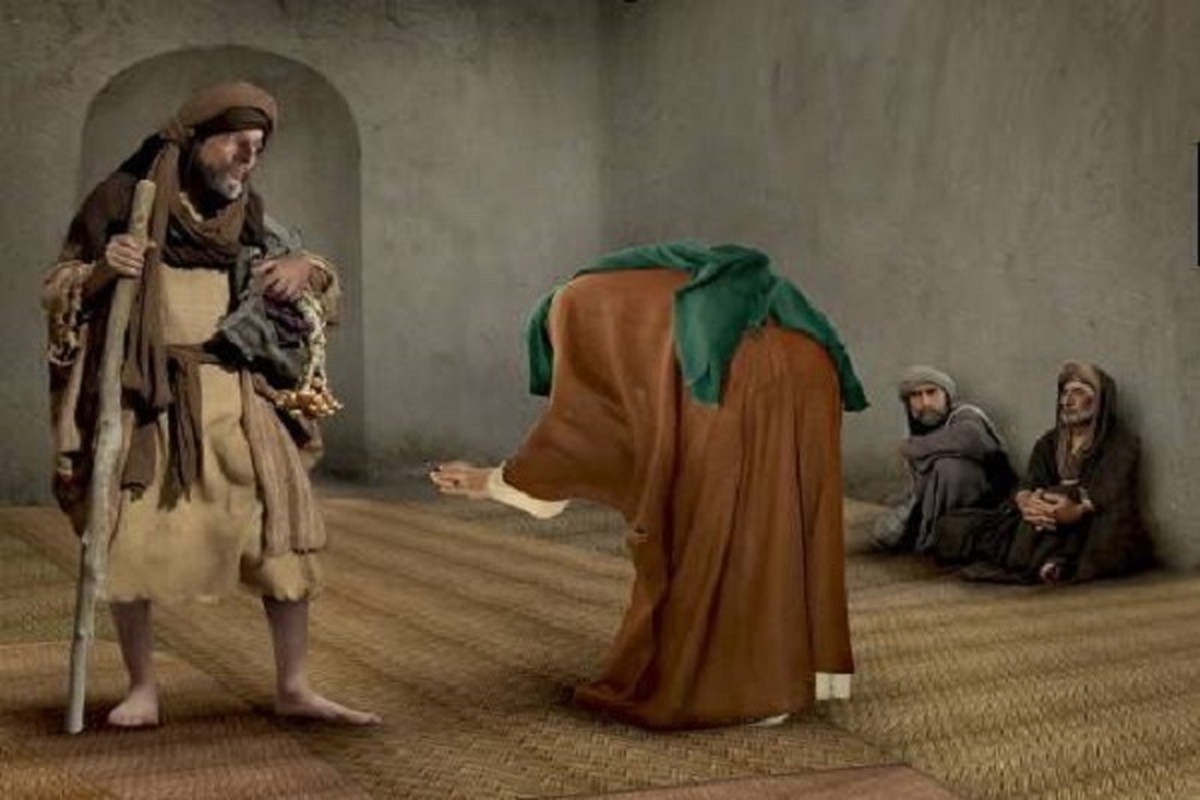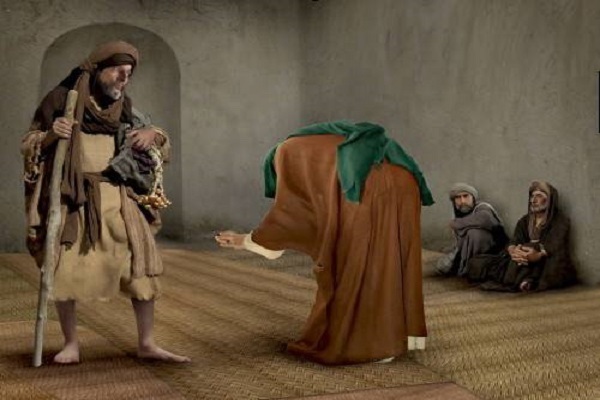A Verse in Quran that Names Three Walis for Believers


The question is whether this is a general rule or it points to a certain individual.
In the year 10 after Hijrah, when the Holy Prophet (PBUH) was in Mecca for Hajj, Verse 55 of Surah Al-Ma’idah was revealed: “Only God, His Messenger, and the true believers who are steadfast in prayer and pay alms while they kneel during prayer, are your Wali (guardians).”
God says in this verse that the Walis are limited to these three and no one else can be Wali.
The first two are clear: God and the Holy Prophet (PBUH). But what about the third one? Are all believers Wali? Then who is under the Wilayat (guardianship)? It is certainly not the case. The fact is that Wali is from among the believers. This point can be seen in some other verses as well, such as Verse 105 of Surah At-Tawbah: “God, His Messenger and the believers will see your deeds.” This verse refers to those believers who have the status of Shahadah and overseeing the Ummah.
Elsewhere in the same verse (55 of Surah Al-Ma’idah) God explains who they refer to: “(Those who) pay alms while they kneel during prayer.”
Now does this mean that everyone who pays alms while kneeling in prayers will reach the status of guardianship or is this the description of someone whom Muslims know?
If this were a general rule, some would do it and reach the status of Imamate. However, no one in the history of Islam has reached Imamate this way or oven has made such a claim.
So all Muslims realized that this verse is about a person who has done this act because paying Zakat while kneeling down in prayer is not a great virtue on its own.
It has been narrated in Hadiths and in historical accounts that a beggar entered the mosque and asked for money but nobody gave him anything. He said: “Oh God! I came to your prophet’s mosque and no one paid any attention to me and my hand remained empty.”
Imam Ali (AS) was in a state of ruku (bowing) in the prayer. He pointed out his ring to the beggar, who approached him and removed the ring from his finger and left.
Read More:
Quran interpreters are unanimous in saying that the verse is about Imam Ali (AS), the Commander of the Faithful.
Prominent Sunni scholars Ghushchi Hanafi, Mir Sayyed Sharif Jorjani and Saadeddin Taftazani have pointed out the Ijma’a (unanimity) among Quran interpreters in believing that this verse has been revealed about Imam Ali (AS). There are also many Hadiths in this regard including those narrated from Sahabah (the Prophet’s companions) with numerous sanads (lists of authorities who have transmitted a Hadith) by Sunni scholars like Nisaei in Jami al-Usul, Ibn Kathir in Tafsir al-Qur’an al-Azim, Tabari, Hakim Neyshabouri, Ibn Asakir, and Suyuti. Despite the Ijma’a in this regard, some, including Ibn Taymiyya Harrani and his student Ibn al-Qayyim, have rejected these Hadiths.


